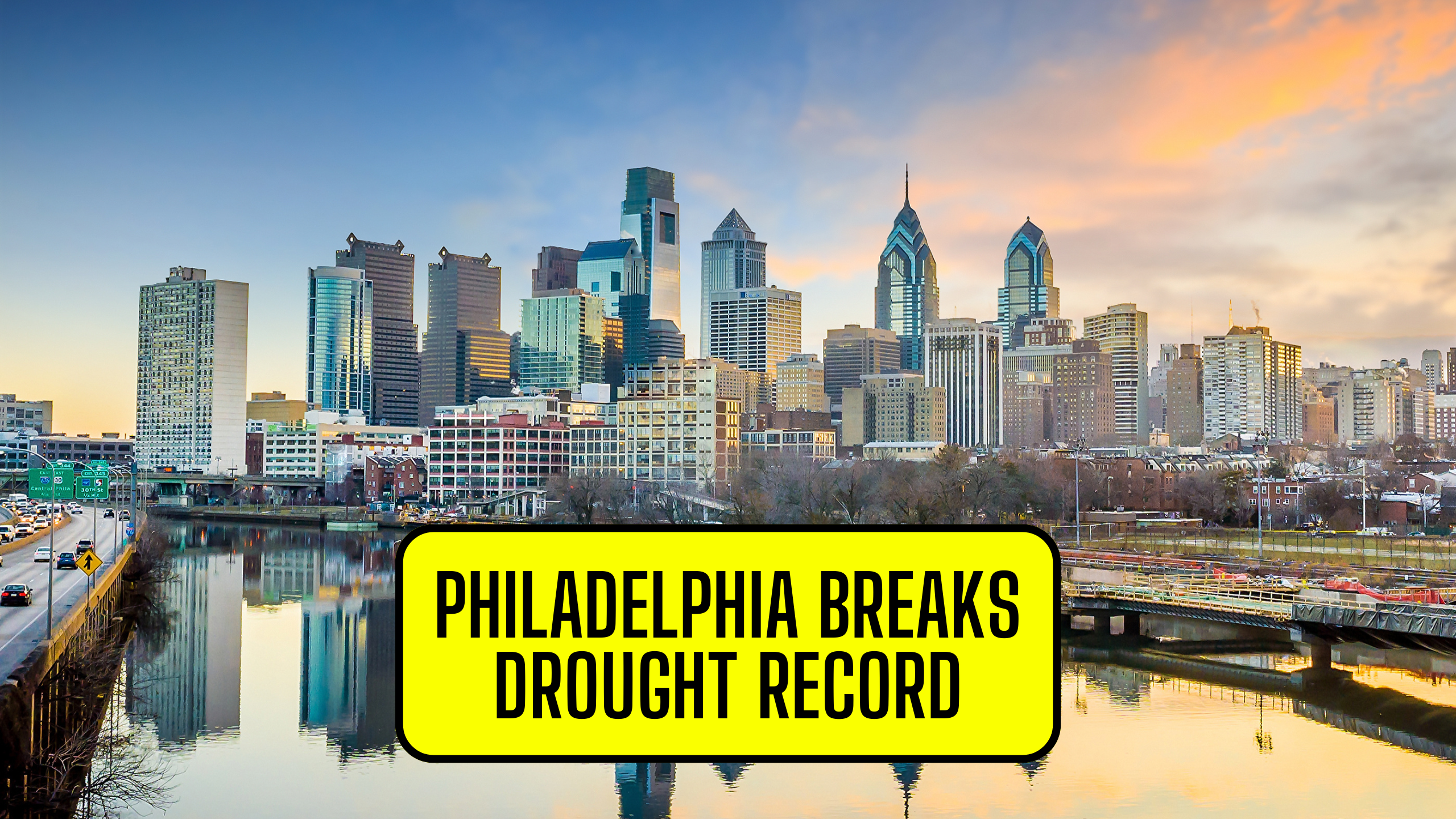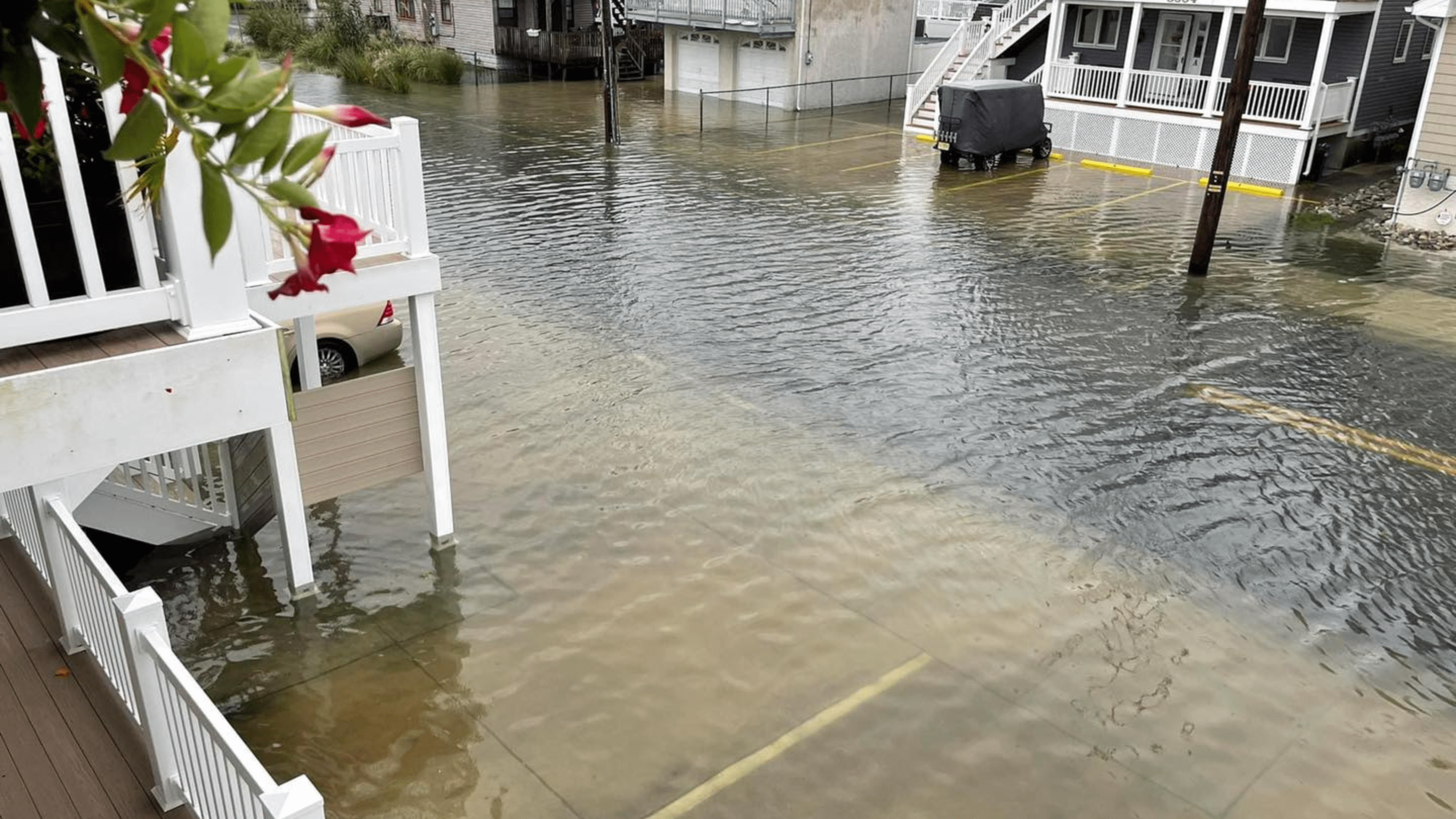Philadelphia Sets Historic 30-Day Record for Driest Stretch in 150 Years
Philadelphia has officially broken its all-time record for the longest streak of consecutive days without measurable rainfall, according to the National Weather Service in Mount Holly, New Jersey.

Philadelphia Sets Historic 30-Day Record for Driest Stretch in 150 Years
This dry spell, which began on September 28, has now reached 30 days, surpassing a record that stood for 150 years.
The previous record was set between October 11 and November 8 in 1874, when Philadelphia went 29 days without any measurable precipitation.

As of October 29th, Philadelphia has seen only minor instances of rain, with no measurable precipitation recorded so far this month.
Precipitation records for Philadelphia date back to November 1871, providing a historic context for this rare weather phenomenon.

Alongside the dry weather, the Philadelphia area and much of the tri-state region are experiencing a notable uptick in temperatures. In some areas, temperatures are expected to approach 80 degrees as Halloween approaches.

These warmer-than-usual conditions add another layer of weather anomalies for the season, raising the potential for broken temperature records on October 31.
The current Halloween high-temperature records were set nearly 80 years ago in 1946, with Atlantic City soaring to 83 degrees on October 31 of that year.
With the forecast suggesting similar highs this year, it’s possible these longstanding records could be challenged, adding to what has already been an unusual autumn for the region.

However, there is currently no significant precipitation expected in the near term, with only slight chances of rain appearing sporadically in the extended forecast.
Over the weekend New Jersey saw Red flag fire warnings for all 21 New Jersey counties.
A Red Flag Warning is issued by the National Weather Service (NWS) to alert the public, emergency responders, and land management agencies to critical fire weather conditions.
With no rain in sight, it is possible we could be seeing more of these warnings.
